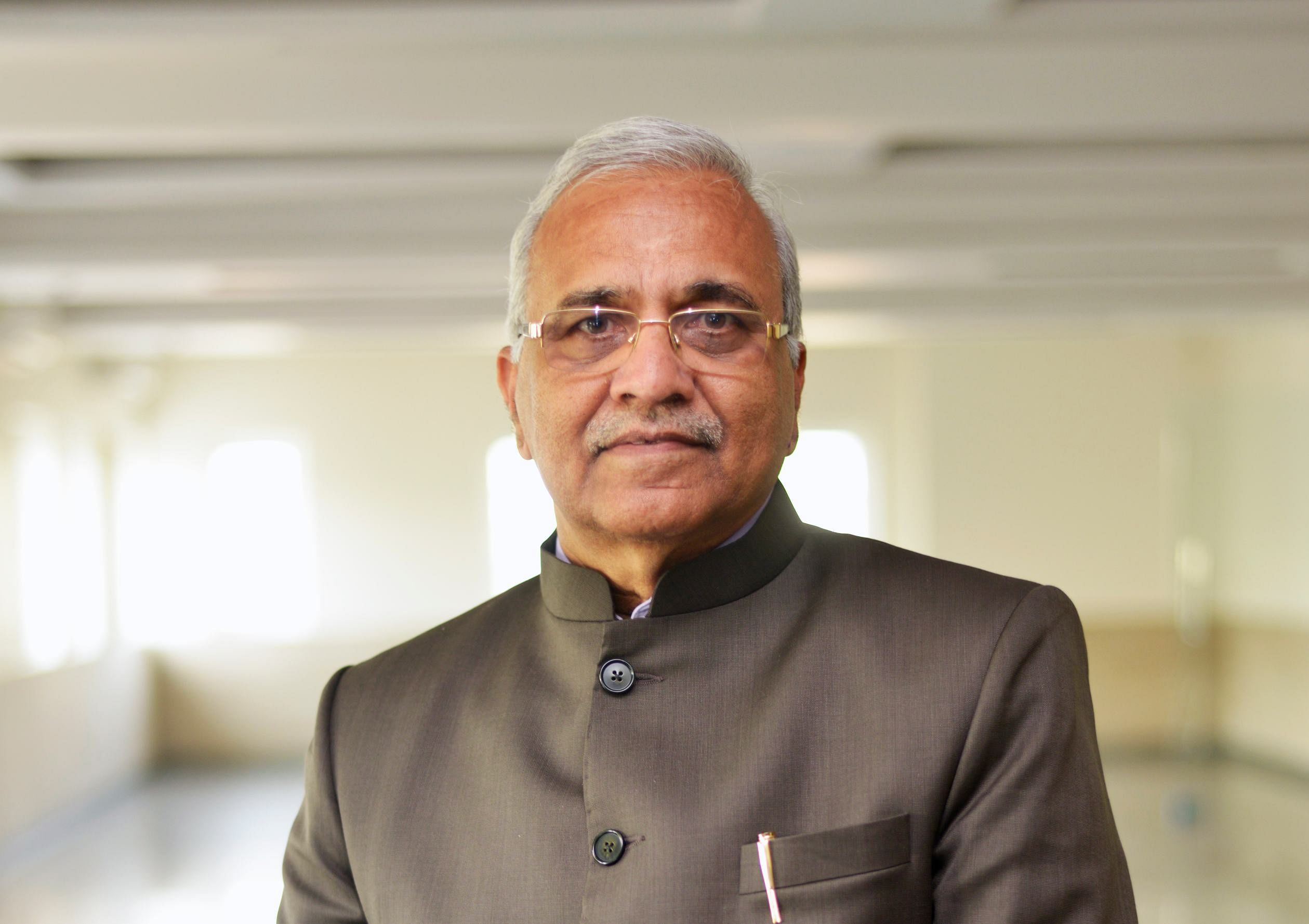
When the Covid-19 pandemic stuck India, private hospitals and nursing homes shut their doors on scores of hapless patients, who had nowhere to go. In an interview with DH’s Kalyan Ray, Association of Healthcare Providers (India) director general Girdhar Gyani explains the reason for such a reaction by hospitals. Excerpts:
There was an unprecedented panic among hospitals. Even patients requiring life-saving interventions were turned away by the hospitals. How do you justify such actions?
Covid-19 is highly contagious and its behaviour is not known till today. Therefore, it is natural for healthcare workers including doctors and nurses to have an element of fear. It took us some time to come out with standard operating procedures (SOPs) to be followed in hospitals. Availability of personal protective equipment (PPEs) was also an issue in the initial period. In the initial stage, even the government-issued advisory to not undertake elective surgeries and run OPDs for general patients. This was done to prevent the patients from coming out during lockdown except for emergencies. But that in a way added to the element of fear. I remember when Wockhardt Hospital, Mumbai was closed on getting one positive patient, AHPI did raise concern, that a complete hospital cannot be shut down and came out with comprehensive guidelines to be followed in resuming of activities.
If doctors are so fearful of a new pathogen (which incidentally has a death rate of only 3%), where will the common man go? Is such a level of panic justified?
I have given a few reasons of fear among the doctors. But today we have SOPs and full availability of PPEs. Doctors are fully prepared to deal with patients. We have also learnt with experience. Besides having SOPs and PPEs, it is important that hospital administration tackle this through a teamwork approach. The department head (doctor) needs to put together a team of nursing staff, support staff and even cleaning staff and provide briefings at regular intervals. This is the single most important initiative, which can drive away fear and instill confidence. Sadly, we might be missing out on this in some cases.
On behalf of your association, did you try to reach out to private hospitals and nursing homes? What responses did you receive?
We came out with a detailed guideline document along with the Public Health Foundation of India. This document was circulated among all our members. Today our hospitals are very well prepared. We also held a few webinars on the subject to drive away the fear. Our hospitals follow a 6-hour shift as against a normal 8-hour shift. We quarantine our staff after 14-days. Most hospitals have taken group insurance for staff. These measures have generated confidence.
While the government hospitals did the heavy lifting during the pandemic, private hospitals largely stayed away, though they charge much more than government hospitals during the regular time. Do you think it is time to introspect among private hospitals?
This was the recommendation right from initial days that government hospitals will be the first line of defense. This continues to be the case in most parts of the country. In regions like Delhi, Mumbai, Ahmedabad, Chennai etc., where patient load went beyond capacity of government hospitals, private sector stepped in on their own. Today private hospitals are preferred for Covid-19 treatment, not that government hospitals lack competence, but more because of management issues. Government hospitals have a huge shortage of staff. Even in normal time, government hospitals have at the most 45-nurses for 100-beds whereas all NABH accredited hospitals will deploy 120-130 nurses for 100-beds. This improves the care, which is the main focus of Covid-19 care. Today hospitals in Delhi and Mumbai are running full with such patients. We only have been insisting that the government should encourage dedicated Covid hospitals/ blocks and not mix the Covid and non-Covid patients, a practice that is not being followed at many places.
What do you think would be the impact of such neglect on India’s healthcare scenario?
India's healthcare has been neglected for far too long. Only in 2018 the government came out with Ayushman Bharat Yojana, but even for that to succeed, we need hospitals in Tier-III towns. Government must incentivise the private sector to establish hospitals. Private sector should be encouraged to invest in healthcare while the government uses its finance in other key sectors. Government can regulate the private hospitals by fixing tariffs for which the government must institute costing exercise and make reimbursement at such rates. Simultaneously the government must increase PG seats in medical colleges, without which we will not be able to improve our health systems.
